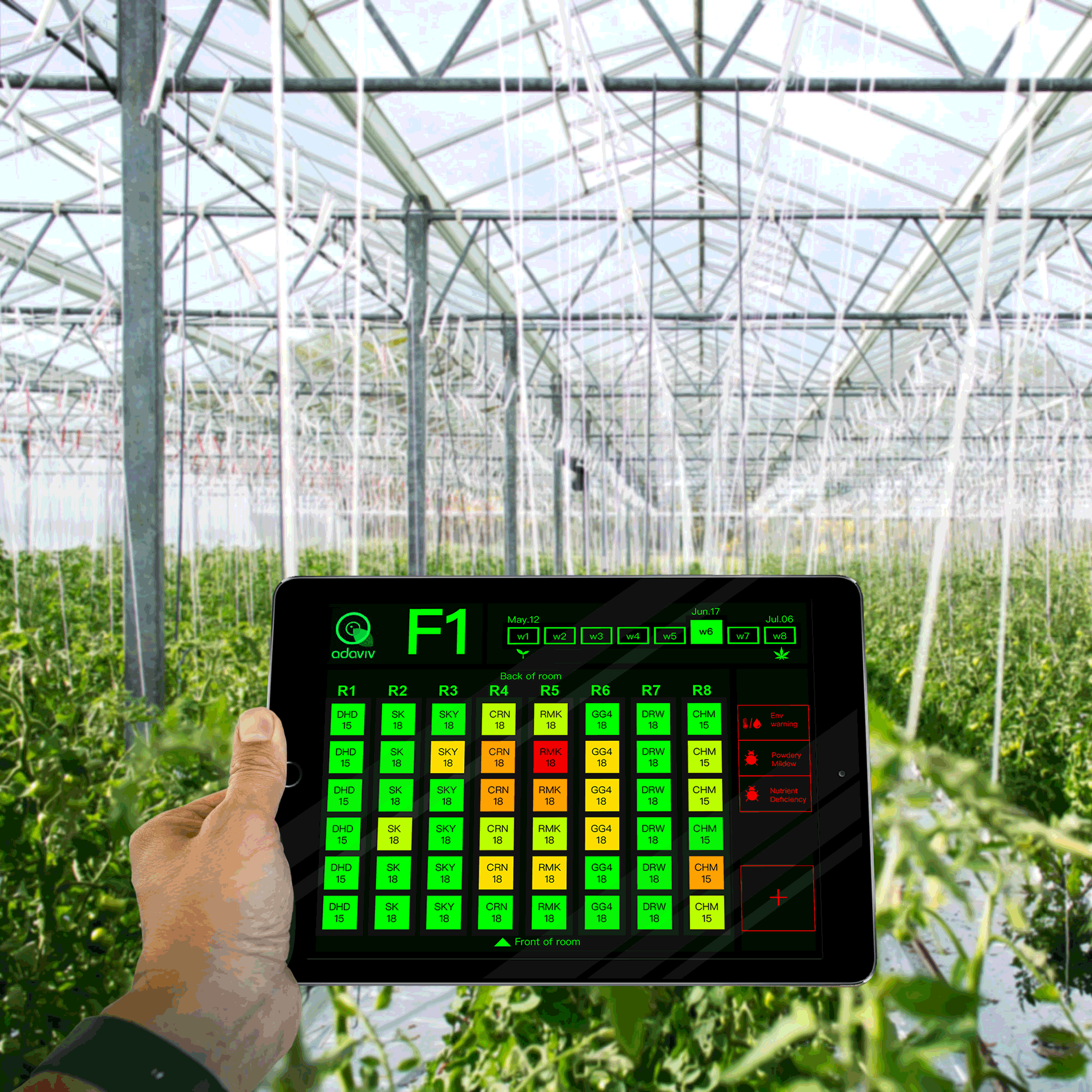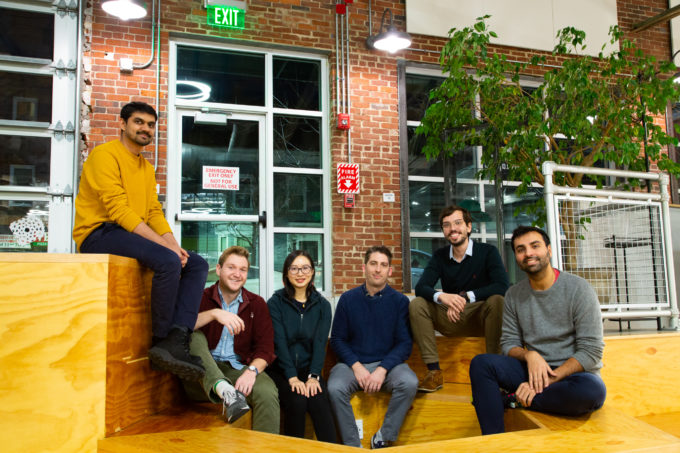Controlled environment growing—farming indoors or in greenhouses—has many benefits for both growers and the environment.
Farmers can grow crops regardless of geography and season, fostering more locally reliant communities and reducing emissions from food transportation. Crops aren’t lost to unpredictable climate occurrences such as flooding or early frost, and pest control can be more precise, meaning growers can use less pesticide. Controlled environment growing also uses a fraction of the water needed for traditional farming and what water is used can be recycled.
There’s just one problem: we haven’t figured out yet how to take full advantage of all the benefits controlled environment growing offers. Ideal conditions for plants are also ideal conditions for pests, crop maintenance issues are still common, and diseases are still present.
Because of all these factors, indoor farmers tend to see up to a 20 percent variation in yield among their cycles, according to Ian Seiferling, whose company AdaViv helps maximize the climate and yield opportunities present in controlled environment growing—which means there’s plenty of room for improvement.
“Just as in outdoor agriculture, we lose 20 to 40 of the crops every year to pests, disease, and environmental stressors in controlled environment growing,” Seiferling says. “Another problem is there’s a lot of inefficiencies and there’s a lot of subjective decision making. When those decisions—when should I treat the plant, how do I identify where those pests and problems are, how do we allocate our labor force to take proper care of the plants at the right time—are all made subjectively, you lose a lot of the potential profit and potential yield.”
AdaViv sends devices equipped with cameras and environmental sensors into these buildings to gather plant-level data that can tell farmers what steps to take to keep their plants healthy and productive. AdaViv’s machine vision and artificial intelligence technologies collect and process crop insights that humans can’t detect.

“We scan the plants with this ground-based camera and sensing system, and we collect data on every single plant,” Seiferling explains. “We know if an individual plant has a stressor, a pest, or an issue. And then you can target that plant—you can apply treatments only to that plant, rather than to all of them.”
AdaViv’s beachhead market is cannabis, given the crop’s high value, but plans to work on additional crops in the future. The VC-backed startup, which has six full-time and two part-time employees, is running an ongoing pilot and aims to add one or two pilot projects in the next couple of months. After those pilots, AdaViv will raise another round of capital to help scale and fully commercialize the product, according to Seiferling.
Seiferling co-founded AdaViv in 2018 with Julian Ortiz, Moe Vazifeh, and Tom Matarazzo after the group met at MIT. AdaViv combines their wide-ranging backgrounds, from environmental science to physics to economics to engineering. Seiferling notes that AdaViv is part of his lifelong passion for nature and farming, as he’s from what he calls the “farming center” and “grain belt” of Canada.
The founding team brought AdaViv to Greentown Labs in February 2019 after they left MIT and needed a place where they could build both their hardware and software.
“When we branched out from MIT, there were many reasons we wanted to come to Greentown,” Seiferling says. “It seemed really attractive to us because it was a place where we could access everything we thought we would need as an early-stage startup. It provided a good community, someplace that we would be happy to bring investors to, a place that we would be really happy to be working in every day. It’s a cool space, it’s a cool community.”
Greentown Labs is a community of bold, passionate entrepreneurs creating solutions for today’s biggest climate and environmental challenges. Located in Somerville, Mass., Greentown Labs is the largest cleantech incubator in North America, operating a 100,000 sq. ft. campus comprised of prototyping and wet lab space, shared office space, a machine shop, electronics lab, and a curated suite of programs and resources. Greentown Labs is home to more than 100 startups and has supported more than 250 since its inception.


